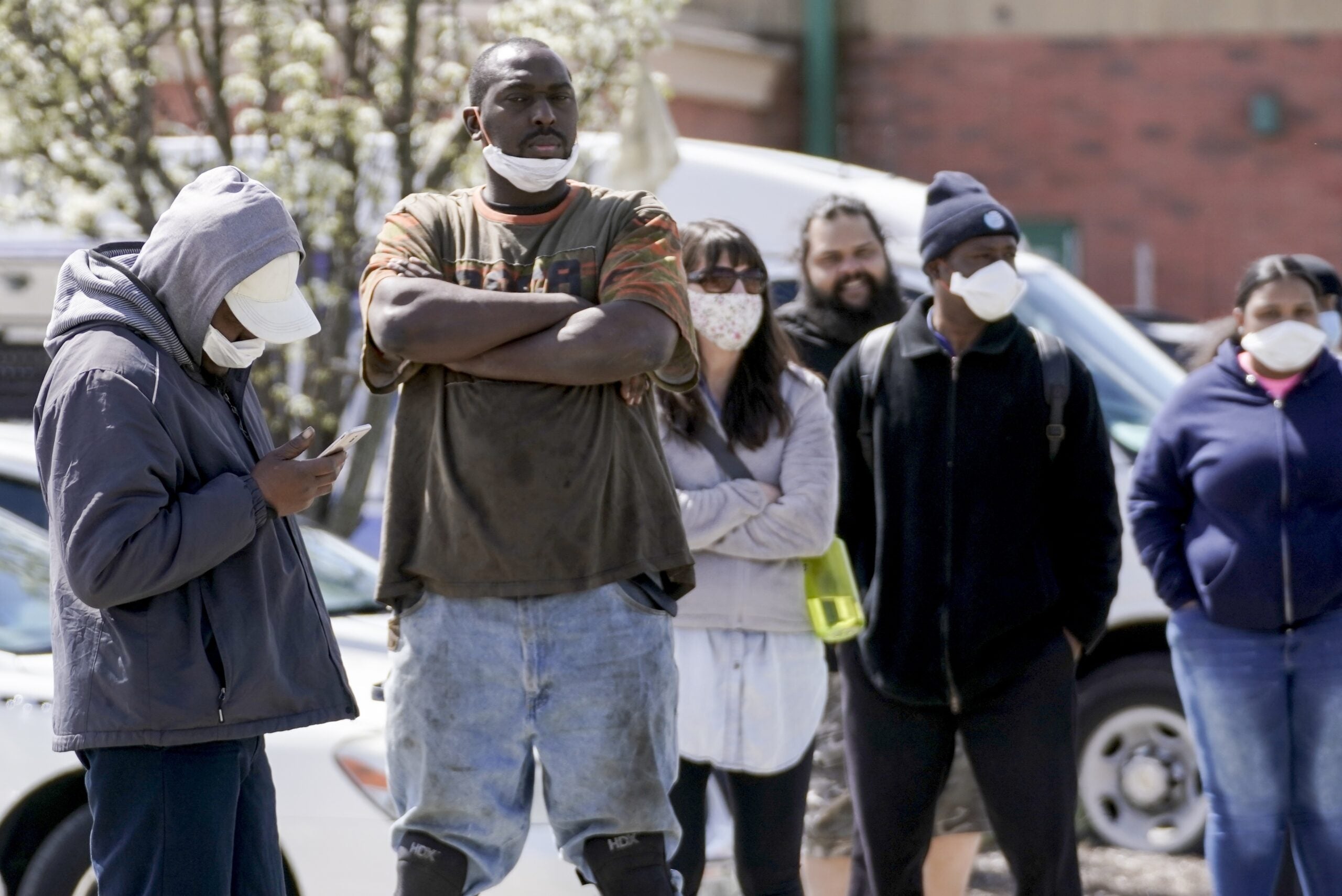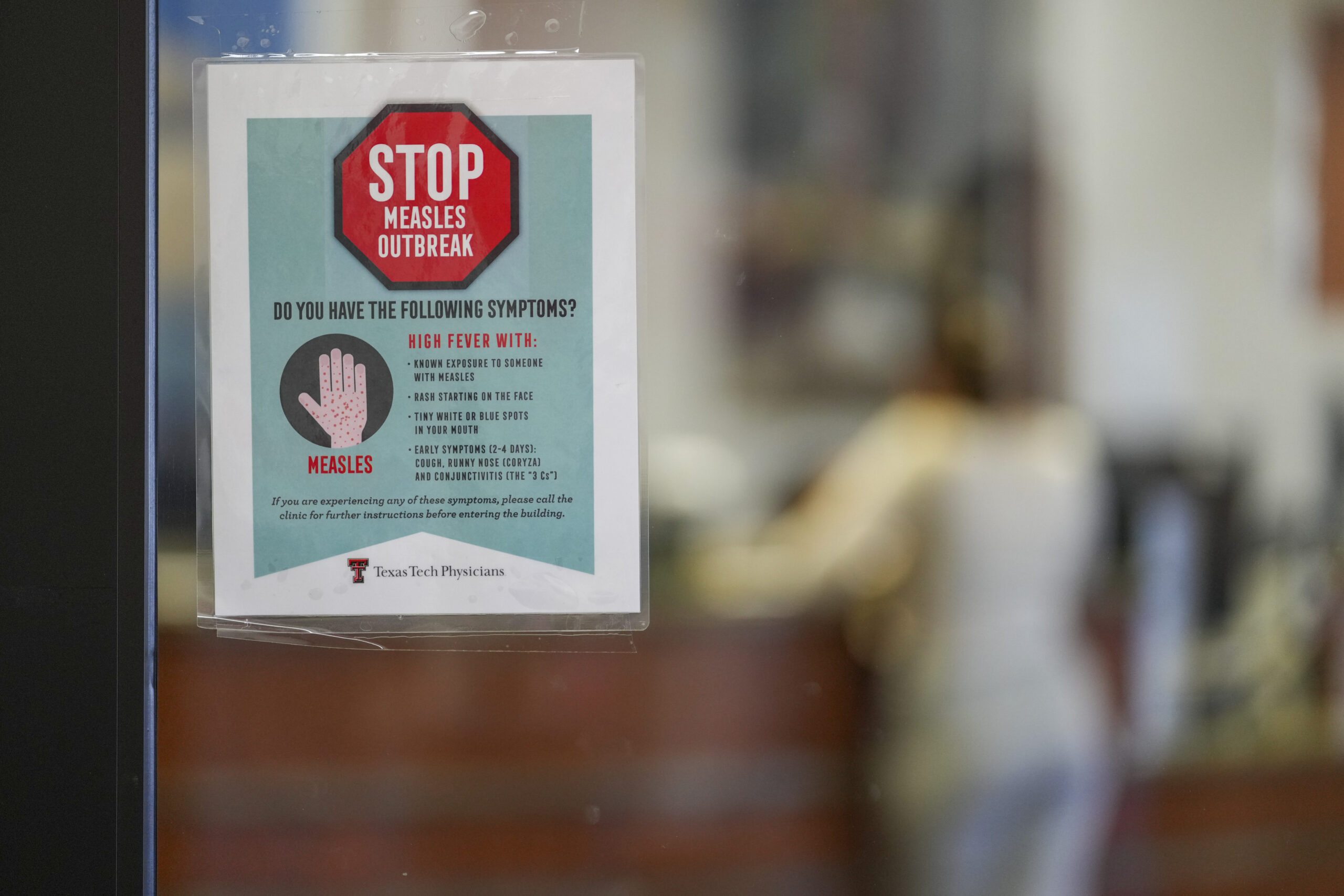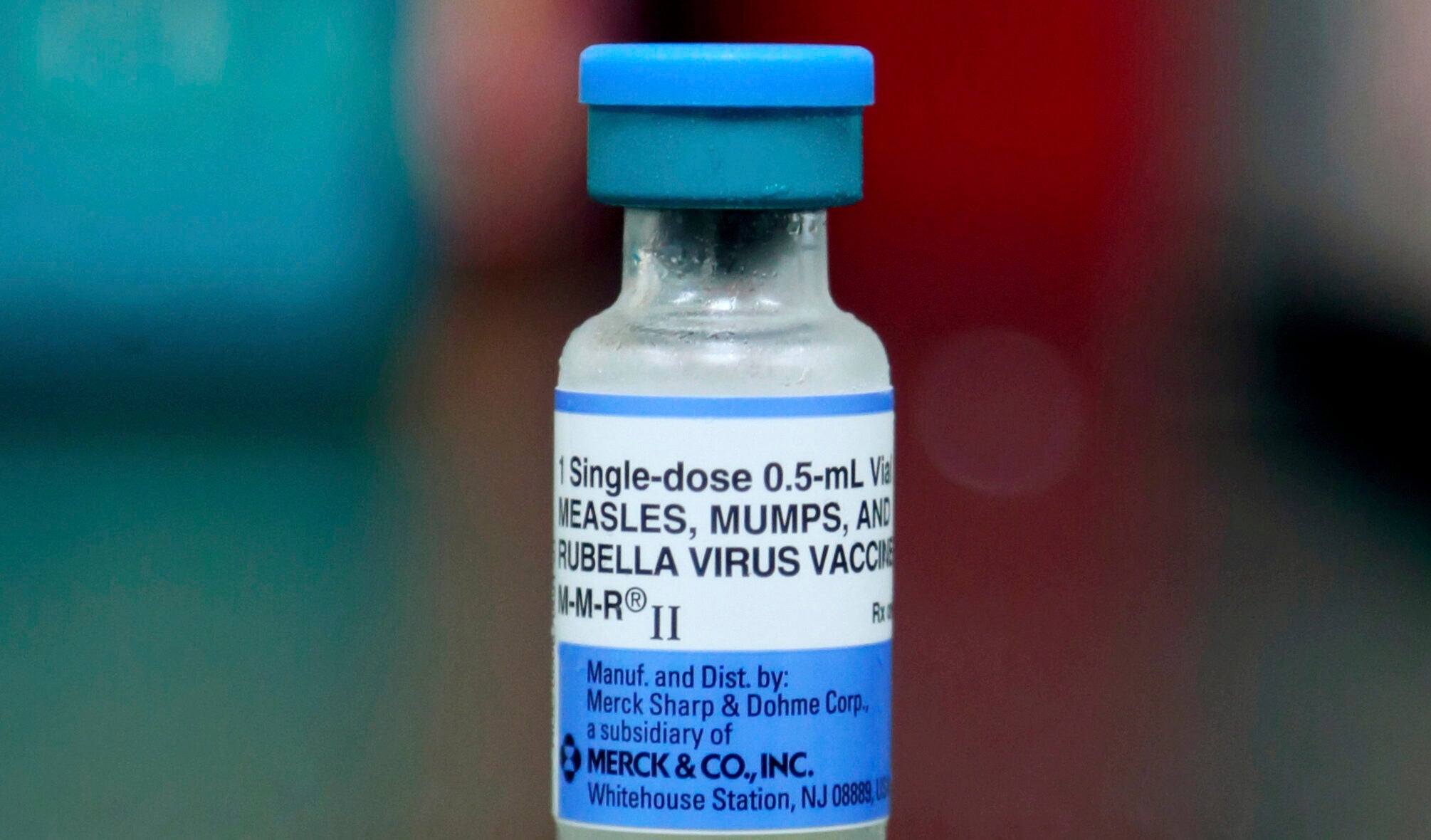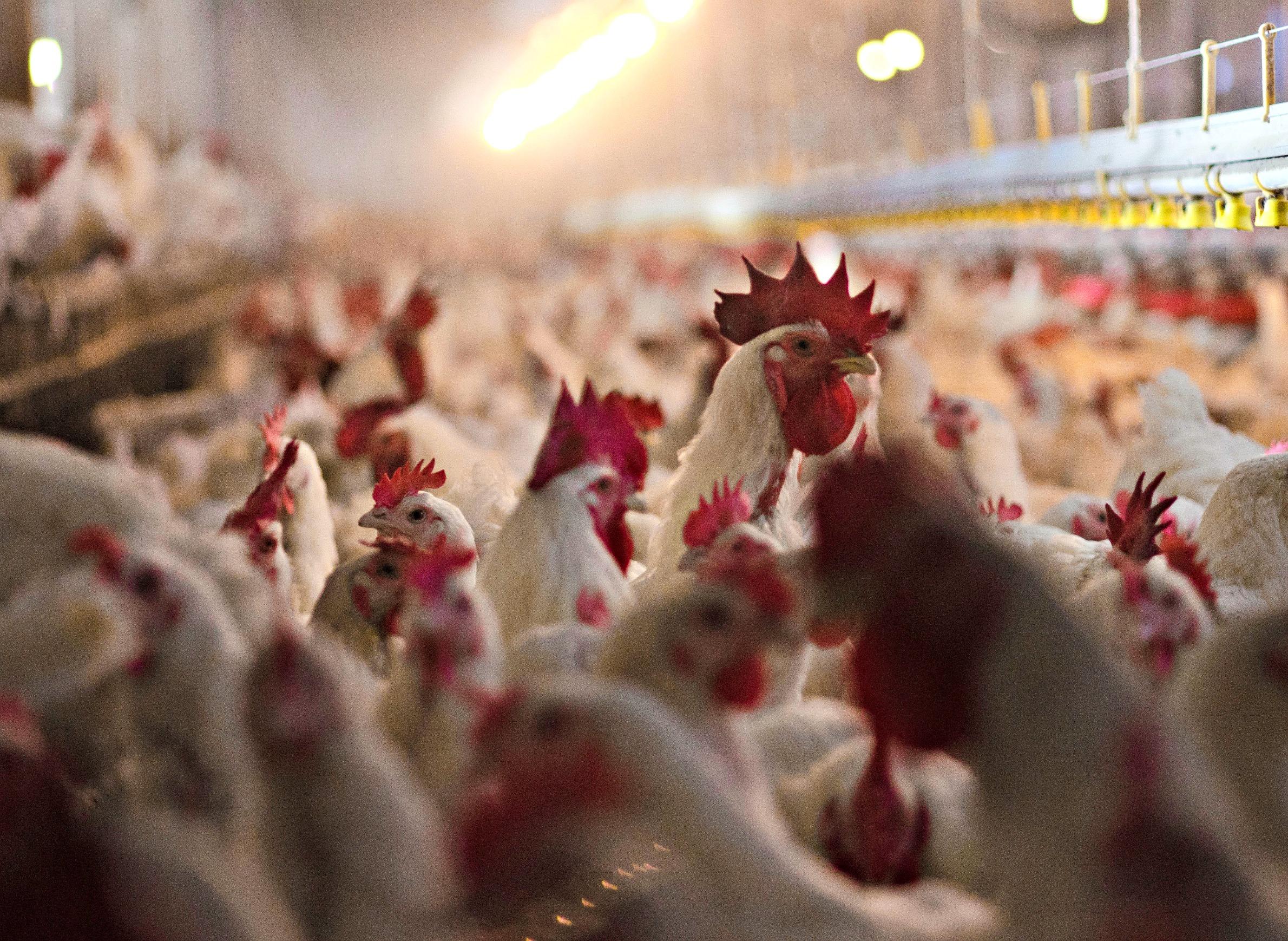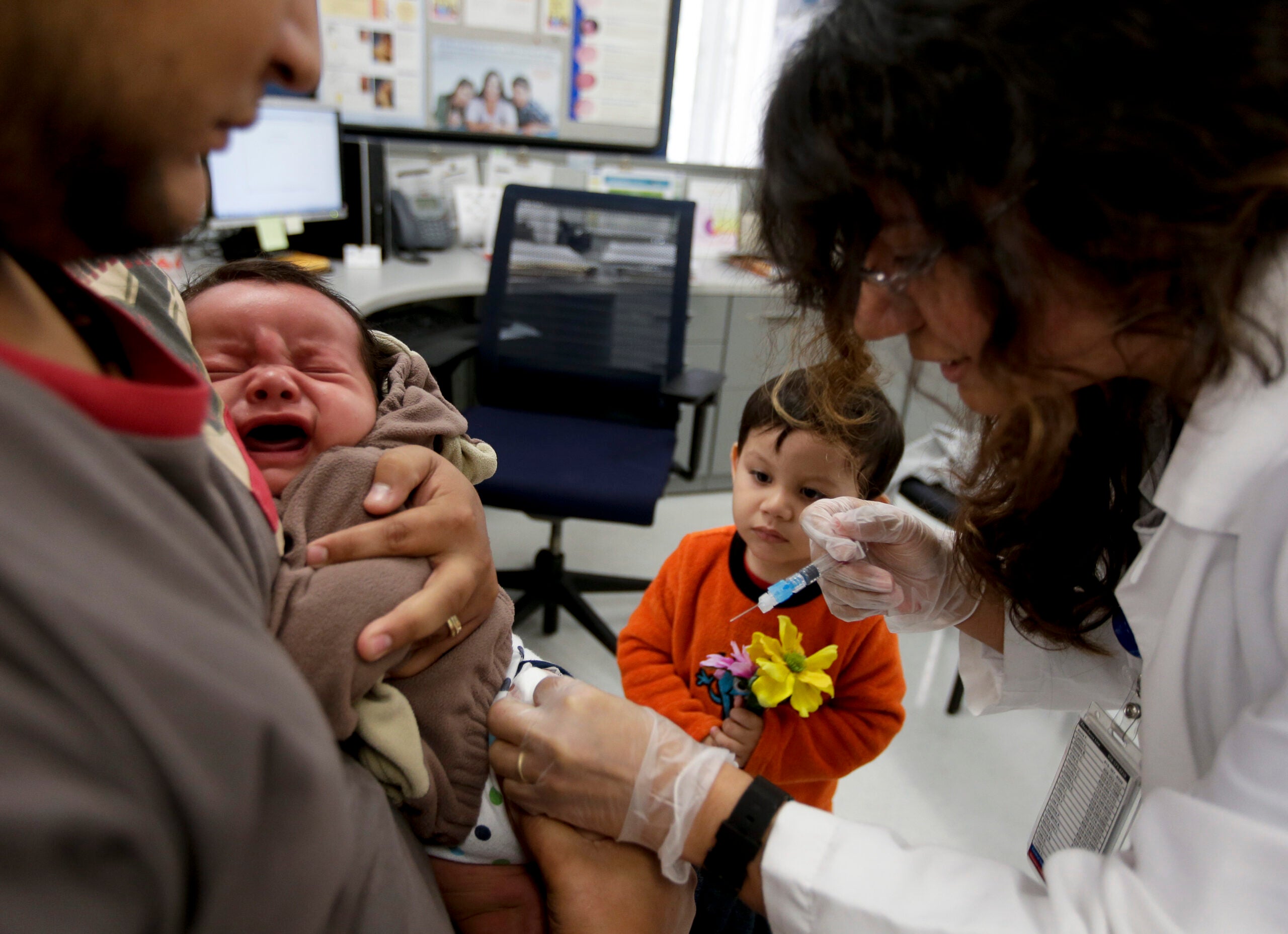There are 10,902 positive cases of COVID-19 in Wisconsin as of Wednesday, according to the state Department of Health Services. That’s an increase of 291 cases from the day before.
According to health officials, 421 people in Wisconsin have died from COVID-19 as of Wednesday afternoon.
DHS reported 117,111 negative tests for the new coronavirus, an increase of 4,363 from Tuesday to Wednesday.
Stay informed on the latest news
Sign up for WPR’s email newsletter.
According to DHS, 1,908 people have been hospitalized because of the virus. That means at least 18 percent of people who have tested positive for the new coronavirus in the state have been hospitalized. DHS officials have said they don’t know the hospitalization history of 2,594 cases, or 24 percent.
The DHS also released the names Wednesday of nursing homes that are currently under active public health investigation. Up until now, the state has not identified specific facilities where investigations are taking place.
According to the department’s website, 38 nursing home facilities were under active investigation as of Wednesday afternoon. Twelve of those were in Milwaukee County. According to the department, an active public health investigation begins when one or more staff or residents test positive for COVID-19. An investigation is considered closed 28 days after the last positive case was confirmed.
Meanwhile, the state has made recent progress in meeting criteria for reopening the state outlined in Gov. Tony Evers’ “Badger Bounce Back” plan. A key metric is for the percentage of positive cases to be in decline over a 14-day period. According to state data, that metric has been met.
Last week, DHS released an additional list of metrics the agency will use to “determine when we can begin to allow people to interact and, more importantly, get Wisconsinites back to work.”
The metrics include “gating criteria” for reported symptoms, cases, hospital capacity and infection rates among health care workers. Symptoms criteria are met when influenza-like symptoms and COVID-19-like cases show a downward trend during a 14-day period. As of Tuesday afternoon, the criteria for COVID-19-like cases had been met.
The criteria for hospitals will be met if 95 percent of institutions affirm they have the ability to test all symptomatic clinical staff and can treat all patients without crisis care, and, according to DHS, that criteria has been met.
A downward trend of COVID-19 cases among health care workers is the final metric listed by DHS.
On Monday, Evers announced looser restrictions on more businesses. Standalone or strip-mall-based retail stores can now offer in-person shopping for up to five customers at a time with required social distancing practices and suggested safety guidelines. Drive-in theaters can also operate with some restrictions.
With increases in the state’s testing capacity, health officials loosened restrictions on who can get tested, subject to the availability of testing supplies. An online map shows where people can be tested, provides contact information, hours of operation and guidance on how to schedule an appointment.
Evers said last week the goal is to make Wisconsin one of the top states in testing per capita. Evers said Wisconsin is preparing to provide 85,000 COVID-19 tests per week. This will be done by working with the Wisconsin National Guard to deploy teams to employer outbreak sites; providing free testing and diagnostics to Wisconsin’s 373 nursing homes; increasing the number of free drive-thru testing sites; and providing more supplies to health care systems so people who want a test can have one, Evers said.
As of Tuesday afternoon, Wisconsin has 51 labs performing COVID-19 tests, up from eight labs in March. According to DHS, they’re able to process 13,795 samples per day — more than the state’s goal of completing about 12,000 tests per day.
There are confirmed cases in 68 of Wisconsin’s 72 counties.
The following counties have no confirmed cases as of Wednesday afternoon: Burnett, Langlade, Pepin and Taylor.
Wisconsin Public Radio, © Copyright 2025, Board of Regents of the University of Wisconsin System and Wisconsin Educational Communications Board.
